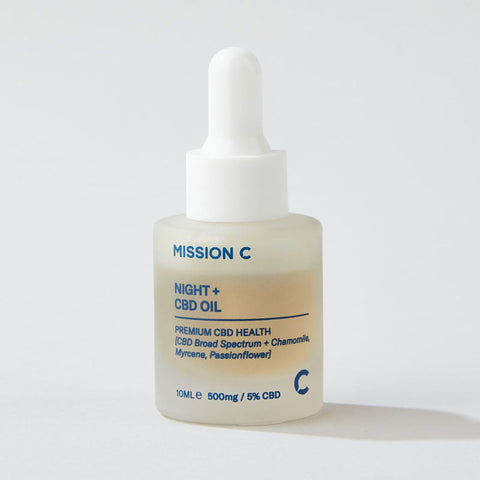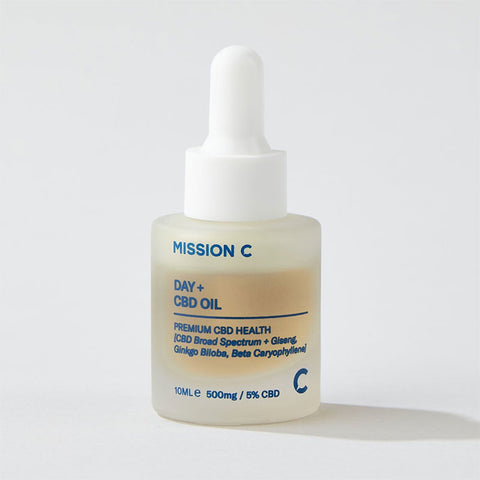The natural cannabinoid CBD is rapidly gaining popularity in the natural health industry, as awareness grows surrounding the benefits the compound offers for physical and mental wellness. But one aspect that seems less well understood regarding CBD consumption is its impact on appetite. THC (tetrahydrocannabinol) cannabinoid is widely regarded as an appetite stimulant – causing a significant spike in hunger known as the ‘munchies’. THC’s sister cannabinoid CBD similarly interacts with the body, but does CBD also act as an appetite stimulant, or is it an appetite suppressant?
In this article we’ll explore how appetite works, what research tells us about CBD’s effect on hunger and how the cannabinoid can be used to support a healthy appetite.
How Does Appetite Work?
What happens within the body when we feel hungry? Hunger is an intrinsic survival mechanism that motivates us to eat when we need to refuel, keeping our bodies in optimal condition and providing necessary energy. But appetite is different to hunger and describes a desire to consume food. Your appetite is often responsible for the types of food you eat when you’re hungry and it can be easily influenced by emotional, social and environmental factors.
For instance, you might attend a birthday party after eating a meal. Although you are not hungry, you may indulge in a slice of birthday cake that is offered. This action is not driven by the physical demand for food (hunger), but by external influences such as social and emotional factors (appetite).
What is CBD and What Does It Do?
Cannabidiol (CBD) is one of 120 chemical compounds known as cannabinoids found in cannabis. It is extracted from the hemp plant – a member of the cannabis plant family which has a high concentration of CBD and a low concentration of THC, which is the cannabinoid that gets you high. CBD is non-intoxicating but offers several wellness benefits such as pain, inflammation and anxiety reduction.
CBD is commonly consumed as an oil-based extract, but the cannabinoid is also available in CBD gummies, topical creams and alternative forms.
When CBD enters the body it interacts with cannabinoid receptors found within the endocannabinoid system (ECS). The ECS is responsible for regulating many physiological processes such as mood, sleep, metabolism, pain perception and appetite. By stimulating the receptors of the ECS, CBD can influence those physiological processes.
Human studies are currently limited, so the full extent of how CBD interacts with the ECS and affects the body and mind is unknown.
Will CBD Make Me Hungry?
Since THC is famous for giving people the ‘munchies’; many assume CBD is also an appetite stimulant. This isn’t necessarily true.
What we know is that CBD does not directly cause feelings of hunger. However, it may indirectly increase appetite by altering some symptoms which can affect hunger. For example, symptoms of anxiety and stress can often cause a reduction in appetite. By reducing anxiety and stress, CBD may help your appetite to recover.
Could CBD Suppress My Appetite?
On the contrary, CBD may have the potential to suppress appetite. Emotional triggers can result in overeating as a coping mechanism (this is your appetite, rather than genuine hunger, at play). CBD can calm the mind and help you feel more emotionally balanced. This may indirectly suppress appetite and stop the need for comfort eating.
How to Use CBD to Support a Healthy Appetite
We don’t yet fully understand the effects of cannabidiol on appetite as human studies are ongoing and further research is necessary to reach a firm conclusion. However, a few drops of CBD oil – or a CBD gummy – per day can help you achieve a more balanced physical and mental state which provides the basis to develop and maintain healthy habits, including a wholesome diet.
For instance, using Night + CBD Oil before bed can help you fully relax and obtain a deep, sound sleep. Getting enough sleep is important as a lack of sleep boosts levels of ghrelin (the hunger hormone) and decreases levels of leptin; this combination increases appetite and can lead to cravings for sugary, high-carbohydrate foods for energy. A good night’s sleep provides the foundation for a healthy appetite throughout the day.
Furthermore, using CBD during the day, such as CBD + Day Oil, enhances focus, concentration and energy. Being more focused on productivity means less time for unhealthy snacking.
Use CBD alongside other healthy habits to help you keep a healthy diet, such as:
- Exercising regularly – this is a great tool for weight loss and encouraging the body to desire a refuelling from healthy, nourishing foods.
- Eating at the same time each day – eating on a schedule can help us stick to healthy habits and binge less. If we neglect our meal schedule and become very hungry, we are more likely to crave junk food.
Final Thoughts on CBD and Appetite
Although further human studies are required, what we understand so far about CBD’s impact on appetite is that the cannabinoid does not necessarily increase or suppress hunger, but it can encourage a healthier appetite. Your appetite is your desire for certain food, as opposed to hunger which is a biological response to a lack of food. Having a healthy appetite is crucial for living a happy and healthy life as your body requires nutrients found in healthy foods to function optimally.
There is no evidence that CBD can cause the “munchies” in the same way that THC does. But CBD can certainly improve your quality of life in various ways, such as reducing anxiety, stress and depression, relieving pain and reducing inflammation – all of which can have a positive impact on an inadequate appetite.























